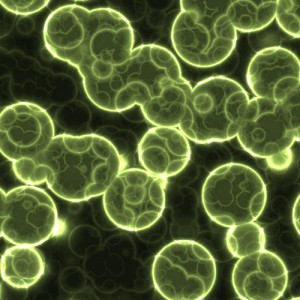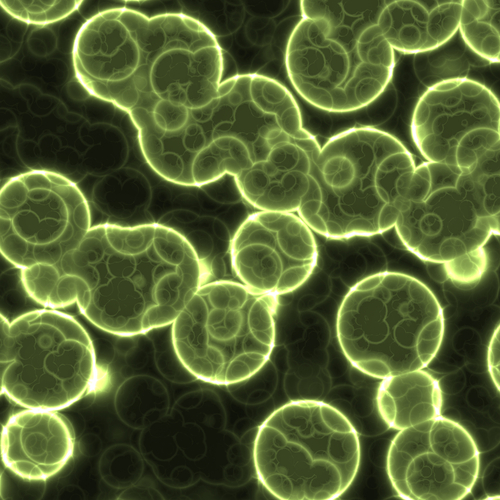 Immunotoxins, antibodies targeted towards deadly toxins, have been a central focus of research to find immunotherapies for cancer. However, results have been disappointing so far, partly because cancer and normal cells have many molecules in common, which makes it difficult to understand which toxins to target before the antibody has homed to the diseased tissue.
Immunotoxins, antibodies targeted towards deadly toxins, have been a central focus of research to find immunotherapies for cancer. However, results have been disappointing so far, partly because cancer and normal cells have many molecules in common, which makes it difficult to understand which toxins to target before the antibody has homed to the diseased tissue.
In a new study entitled “GUCY2C lysosomotropic endocytosis delivers immunotoxin therapy to metastatic colorectal cancer” and published in the Oncotarget journal, researchers found that colon cancer’s biological properties make it a perfect candidate for immunotoxins, since these cells can gobble up poison if it is attached to a key receptor on the cell’s surface.
The team created a novel immunotoxin that was able to reduce lung metastasis in mice models of colorectal cancer, by more that 80%.
The study was conducted by Scott Waldman, M.D., Ph.D., Chair of the Department of Pharmacology & Experimental Therapeutics and the Samuel MV Hamilton Professor at Thomas Jefferson University, whose laboratory in 1993 first discovered that the colon cancer receptor GUCY2C could act as a homing signal.
Even though normal cells of the brain and digestive tract express this receptor, it is displayed in such a way that the immune system cannot have access to it.
Now, Dr. Waldman’s team have found that GUCY2C receptors are quickly gobbled up into cancer cells in endosomes (membrane-bound sacs) that fuse with vesicles carrying digestive or acidic fluid (lysosomes).
Using an antibody against GUCY2C bound to the active portion of the ricin (toxin) molecule with a chemical linker that degrades in acidic environments, the team observed that upon GUCY2C binding on either primary colon cancers or distant metastases, the cancer cells would internalize the toxin. Once endosome fused with acid-containing lysosomes, the molecule was digested and the toxins destroyed the cancer cell, with minimal collateral damage.
These findings could allow future immunotoxin drug design using several different agents that could stay inactive while traveling throughout the body without causing damage, becoming lethal only when absorbed by colon cancer metastases.
Furthermore, this therapy could be extended to other types of cancers that also express GUCY2C molecules, a hypothesis that is currently being tested in a phase II clinical trial for gastric, esophageal and prostate cancers by Millennium Pharmaceuticals.


